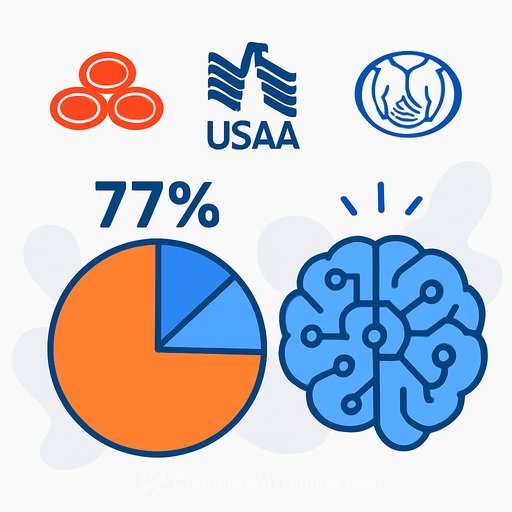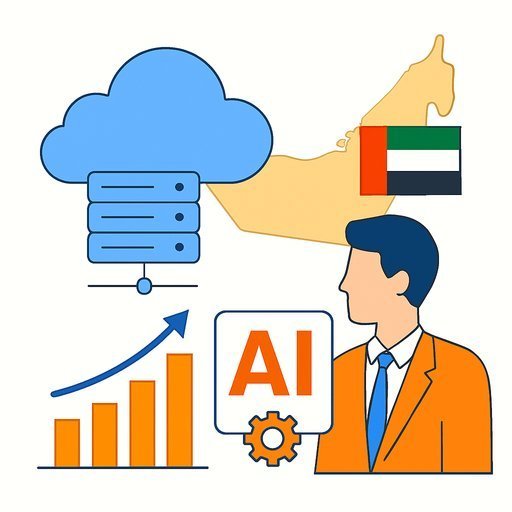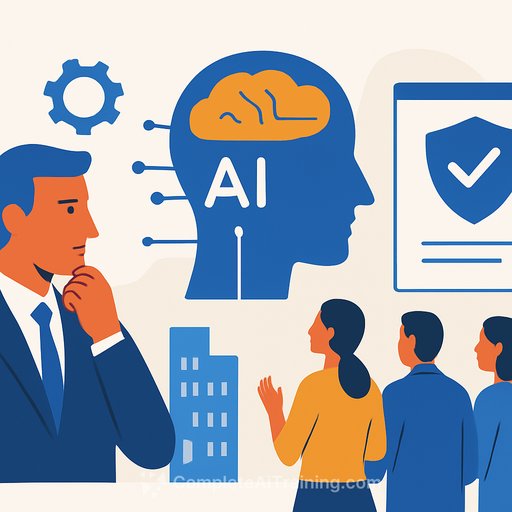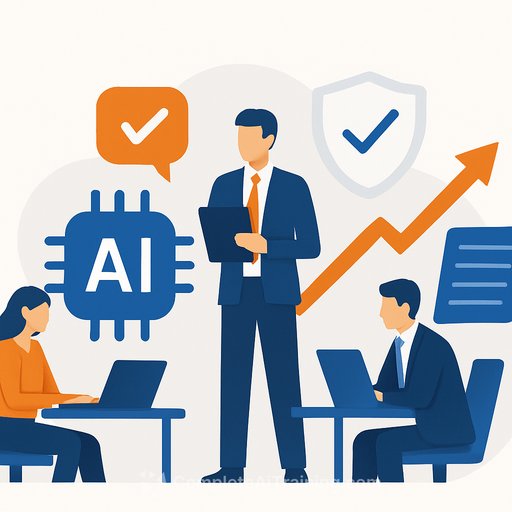Artificial Intelligence in Insurance: Bridging Human Expertise and AI
Artificial intelligence (AI) is changing the insurance industry in practical ways. Traditionally reliant on manual processes, insurance is now integrating AI to improve efficiency and customer experience. This shift raises concerns about job security, but AI is better seen as a tool that complements human skills rather than replaces them.
In 2024, the global AI insurance market was valued at $8 billion and is projected to reach $141 billion by 2034, with North America leading this growth. This growth reflects AI’s increasing role in claims processing, personalization, and customer engagement. The key to success will be maintaining human connection alongside AI-driven improvements.
How AI Benefits Insurance
Personalization and Building Customer Trust
AI helps insurers offer more relevant products by analyzing customer data and behavior. For example, travel insurance can be customized based on a traveler’s specific trip risks, improving the chances that customers find value in their coverage. Parametric policies go a step further by providing automatic payouts for disruptions such as flight delays, bypassing traditional claims processes.
This kind of personalization moves away from one-size-fits-all policies and fosters trust by meeting individual needs more accurately.
Faster Claims Processing and Supporting Assessors
Claims handling has long been a time-consuming task with many manual steps. AI, combined with Optical Character Recognition (OCR), automates document review and data extraction. Advances in AI models now enable better understanding of policy language and context, allowing for quicker fraud detection and claim validation.
Despite these advances, human claim assessors remain vital for final reviews, especially with complex claims. AI tools reduce the workload by handling routine tasks, helping assessors focus on more demanding issues. For instance, some companies report cutting the average claim resolution time from 30 days to just 3 days.
Alongside operational benefits, companies must stay alert to data privacy and regulatory requirements, balancing innovation with compliance. Roles focused on AI governance and customer-centric policies will see growing demand.
Looking Ahead: AI and Human Collaboration
Expect AI to enhance chatbots, provide better support throughout the policy lifecycle, and improve the accuracy and speed of claims processing. However, human oversight is crucial to ensure decisions are accurate and consumers’ trust is maintained.
Insurance professionals will need to develop new skills and work alongside AI systems. This combination of human judgment and AI efficiency will deliver more personalized and effective insurance solutions.
Embracing AI means reskilling teams to tackle bigger challenges and improve customer experiences. Instead of replacing people, AI will enable agents and assessors to focus on higher-value tasks that require empathy and expertise.
For those interested in strengthening AI skills relevant to insurance, exploring targeted courses can provide practical knowledge on AI tools and applications. Resources like Complete AI Training’s courses by job role offer focused learning paths for insurance professionals adapting to this shift.
Your membership also unlocks:






